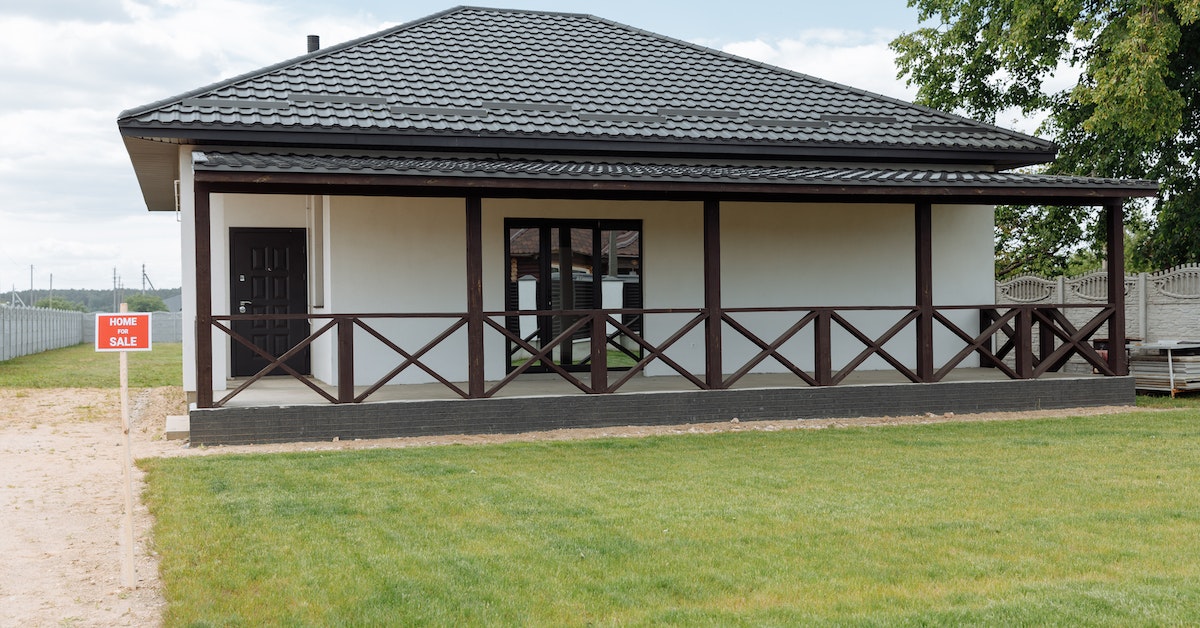If you're selling a house after a divorce agreement in Texas, you probably have a lot of questions.
For example, is it better to sell the home before or after the divorce is finalized? How are the proceeds from the sale divided? Is it possible to keep the home after your divorce?
In Texas, what happens to your home will have to do with whether it's considered separate or community property. While it's best for you and your spouse to come to an agreement about what to do with the home that works best for both of you, a judge can also order you to sell the home or award it to one spouse.
Let's take a closer look at what you need to know about how to navigate selling a home in Texas after a divorce agreement has been reached.
Before we get into the details about selling a house after a divorce in Texas, let's cover some of the basics of how real estate is handled in a divorce.
Texas is one of only nine states that is a community property state rather than an equitable distribution state.

An essential question to answer before starting to think about selling your home is whether it is considered separate or community property.
If both spouses inherit a home together during the marriage, the property is still actually considered separate property. Each party owns half of the home and is considered a co-owner.
Even if a property was purchased during the marriage that only has one spouse's name on the deed, the home is considered community property. It's worth noting that there are a few exceptions to this general rule, though. For example, if one spouse buys a house using their own separate property, the home is considered separate rather than community property. That being said, the onus is on the spouse that bought the house to prove the purchase was funded by separate property.
If a home is determined to be the separate property of one spouse, the other spouse can't be awarded the house by the court. At the same time, the person who claims the house is their own separate property has to provide evidence that is both clear and convincing to this end.

If a home is considered community property, it will need to be divided as a part of the divorce process. Of course, you can't actually split a house in half to give to each spouse. Instead, the parties have to figure out the value of the property and determine how to divide any debt or equity.
Here are some of the most common ways that real estate is divided in a divorce when the house isn't being sold:
In some cases, divorcing couples simply can't reach an agreement about how to divide the home. This can lead the judge to either award the house to one party or order the spouses to sell the home.
In some instances, a judge might order that the house is sold after a divorce. The equity that the couple has in the property is, therefore, split between the spouses through the proceeds.

The exact details of how the proceeds are split are going to depend on a number of factors. In general, though, if a couple doesn't have children and have relatively similar financial situations in a no-fault divorce, the equity would be split down the middle.
A number of factors can impact how the equity is divided, including:
Wondering what will happen to the family car after a divorce? Read our article about how vehicles are divided in a divorce in Texas.
Selling a house after a divorce can be an emotionally taxing process. Both divorce and the process of selling a home are stressful and overwhelming experiences in their own right. When you combine them, it can feel like simply too much to bare.

It's important to remember that it's perfectly natural to experience a rollercoaster of emotions during both the divorce and home-selling processes. Rather than sweeping these feelings under the rug, it's essential that you acknowledge and recognize these emotions. Rather than pretending like everything is fine, give yourself the space to grieve as you are dealing with several major life changes at once.
After your divorce, you might have a number of different options when it comes to selling your house:
It's important to make sure you are making this decision with as much headspace as possible. You'll want to think about what it will mean for your life to either keep living in the home or to sell your marital home. Beyond that, think about how both possibilities could impact your post-divorce housing plans and finances.
A number of questions need to be answered when you and your spouse agree to sell the home after a divorce.
Some of the details you'll want to resolve include:
Figuring out these types of details ahead of time can help avoid major issues and roadblocks along the way. Coming up with a contingency plan is also a prudent thing to do in case one spouse gets sick or otherwise can't participate in the process.
In some cases, a couple might choose to sell their home before the divorce is finalized. This can have some benefits, including helping make it easier to prepare for your post-divorce life and simply helping you enter your new phase of life more quickly.
At the same time, though, it can add complexity and confusion when you try to sell the home before the divorce is complete. It can also force you to sell when market conditions aren't ideal and even push back the date when your divorce is finalized.
It's also important to consider the capital gains tax implications when you sell the home. This is something you'll want to talk to an attorney or financial advisor about.
It's important to work closely with your attorney when selling your home after a divorce. With their help, you will be able to navigate both the legal requirements and paperwork necessary to sell your house with as few hiccups as possible.
In the division of assets in a divorce, the family home is typically one of the largest items on the table. For this reason, it's important to weigh out all of your options when deciding what to do with your home.
In some cases, a judge might order you and your spouse to sell the home. This will only happen, however, if the two of you can't come to an agreement on your own.
It's a good idea to talk to an attorney before you make any big decisions about asset division, including what you do with the marital home. For more information about divorce and marriage in Texas, make sure you check out our Texas Divorce Laws blog.